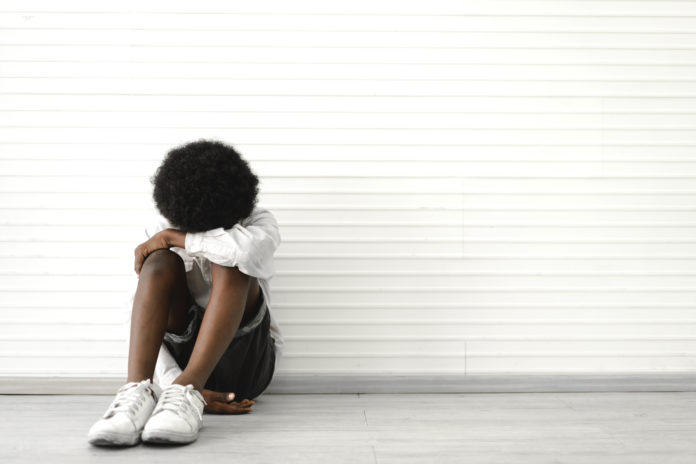Being a teenager can be tough, but it shouldn’t feel hopeless. If you have been feeling sad most of the time for a few weeks or longer and you’re not able to concentrate or do the things you used to enjoy, talk to a trusted adult about depression.
Do I have depression?
- Do you often feel sad, anxious, worthless, or even “empty”?
- Have you lost interest in activities you used to enjoy?
- Do you get easily frustrated, irritable, or angry?
- Do you find yourself withdrawing from friends and family?
- Are your grades dropping?
- Have your eating or sleeping habits changed?
- Have you experienced any fatigue or memory loss?
- Have you thought about suicide or harming yourself?
Depression looks different for everyone. You might have many of the symptoms listed above or just a few.
How do I get help for depression?
You’re not alone, and help is available. You can feel better. To get help:
- Talk to a trusted adult (such as your parent or guardian, teacher, or school counselor) about how you’ve been feeling.
- Ask your doctor about options for professional help. Depression can be treated with psychotherapy (also called “talk therapy”), medication, or a combination of medication and talk therapy.
- Try to spend time with friends or family, even if you don’t feel like you want to.
- Stay active and exercise, even if it’s just going for a walk. Physical activity releases chemicals, such as endorphins, in your brain that can help you feel better.
- Try to keep a regular sleep schedule.
- Eat healthy foods.
For immediate help, call the National Suicide Prevention Lifeline: 1-800-273-TALK (8255).


